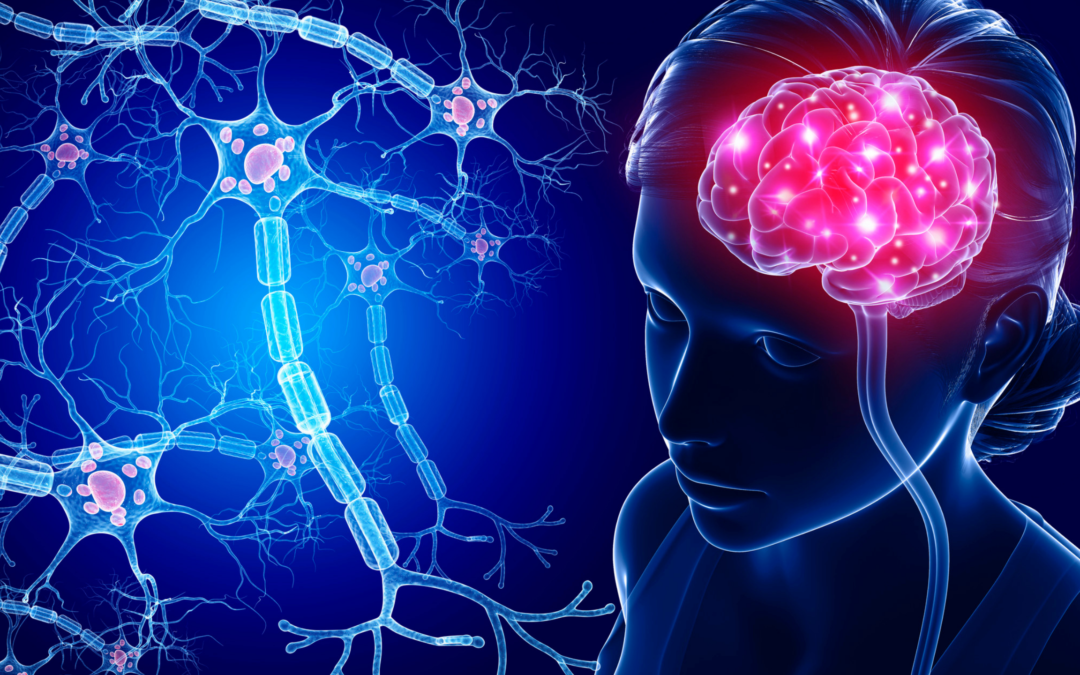As we get older, our brain starts to lose its ability to create neurotransmitters needed for optimal mental function. The symptoms of this decline vary in each person but can include changes in mood, having a hard time staying focused, having a hard time sleeping, forgetting where things are, difficulty in multitasking, and having a hard time remembering people’s names or recent events.
Although these symptoms can be attributed as part of the “normal aging process,” these preliminary symptoms of mental challenge may be early signs of more serious mental concerns such as dementia, Alzheimer’s, and Parkinson’s disease. If you begin to experience these symptoms, it might be useful to see your doctor and get blood work done to evaluate signs of biochemical changes caused by nutritional deficiencies.
Take this brain health survey to evaluate if a biochemical deterioration is starting.
Brain Health Survey*
Answer YES or NO. Add up the YES responses and then see the analysis below.
- Do you, on a regular basis, run out of energy or feel lethargic mid-morning, afternoon, or evening?
- Do you wake up feeling sluggish or needing something to give you a boost in the morning such as coffee, tea, or a cigarette?
- Do you often get less than eight hours of sleep a night?
- Do you tend to forget things more often and lose concentration?
- Are you easily stressed more often than you would like to?
- Do you feel anxiety or fear when faced with a new or unusual task?
- Do you exercise less often than you think you should?
- Do you consume more processed food/fast food than you should?
- Do you smoke tobacco products or drink alcohol daily?
- Are you currently taking prescription medication of any kind?
- Do you have a history of dementia, Alzheimer’s Disease, or Parkinson’s Disease in your family?
- Do you often use electronic gadgets such as cell phones, computers, etc.?
- Do you have few friends, family, and colleagues who are supportive and trustworthy?
- Did you have a traumatic and difficult childhood?
- Do you feel that you have less balance in your life than you should? (work, play, family, etc.)
- Do you eat more sugary products than you should, such as donuts, candy bars, desserts, soda, etc. Consuming more than once a day is already too many.
- Do you feel less confident?
- Do you experience mood swings regularly?
- Do you eat less nutritious foods for the brain such as whole grains, vegetables, fish, fruits, nuts, seeds, legumes, and eggs?
- Do you have headaches or high blood pressure regularly? Almost everyday.
(*Developed by Patrick Holford)
Analysis (number of YES answers)
1-5 Mild – Try to improve on your few areas that need adjustment.
6-10 Moderate – Changes in the diet as well as certain supplements and natural therapies (meditation or acupuncture) are probably beneficial.
11-15 High – Take the same steps as Moderate. Additionally, talk therapy as well as some medical tests may be beneficial.
16-20 Very High – Take the same steps as High. Additionally, prescription medications after medical tests are completed may be beneficial.
If your score suggests diet changes for brain health improvement, click HERE for some steps you can adopt in your lifestyle.
Adapted from TotalHealthMagazine.com.





